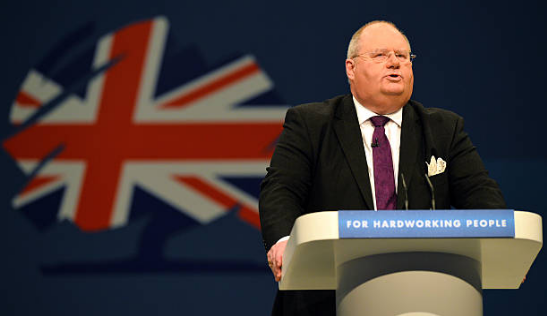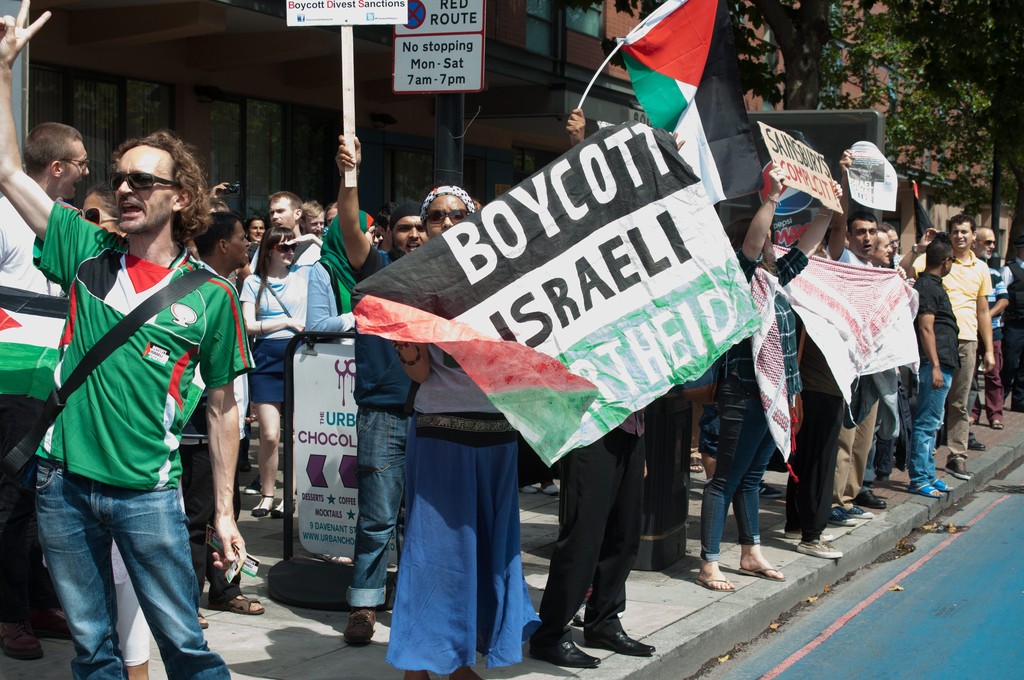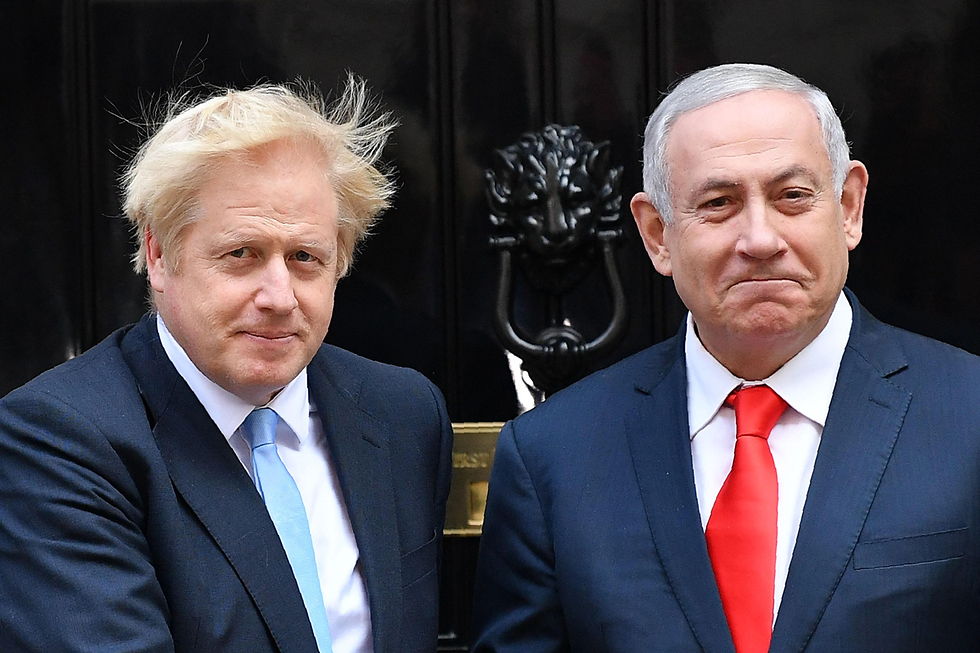Getting your Trinity Audio player ready...
The newly elected Conservative government is set to pass a law banning public bodies in Britain from engaging with the anti-Israel Boycott, Divestment and Sanctions (BDS) movement, a senior UK official said on Sunday.
Lord Eric Pickles, the UK Special Envoy for post-Holocaust matters, told a conference in Jerusalem that the new law would ban public agencies from working with those who boycott Israel in any way.
"BDS is anti-Semitic, and should be treated as such," Pickles said, adding that the United Kingdom would have been less of a nation without its Jewish citizens.
As is tradition, Queen Elizabeth will speak in the opening session of Parliament and present the foundations of Johnson's new government, including the new embargo prohibiting government bodies and organizations receiving government funding to boycott Israel.
The new bill is expected to pull the rug under the feet of Britain's boycott organizations, who have toiled to persuade municipalities and local councils to divest themselves from Israel.
In doing so, Johnson continues his government's pro-Israeli trend as he and his cabinet strive to tighten trade ties with Israel and cooperation with various Middle Eastern countries, also in the post-Brexit era.
This isn't the first time the Conservative Party attempts to pass legislation banning public agencies from engaging with BDS organizations, but past attempts to sign the bill into law were shot down by the Supreme Court, in part because of lack of appropriate legislation.
The new boycott law will not include goods produced in the West Bank because the territory is not considered part of Israel by international law.
Downing Street is also set to promote a bill that will force convicted terrorists to serve their full prison sentences with no parole option.
Brexit is also expected to be anchored in legislation in short order, sanctioning Britain's secession from the European Union three and a half years after the British people voted to leave the continental trade bloc in a referendum that caused a bitter and vehement public debate.
Johnson and the Conservative party secured a parliamentary majority on Friday in a historic vote that saw the center-right party win a landslide 368 seats in Britain's 650-seat-strong parliament - the biggest Conservative national election win since Margaret Thatcher's 1987 triumph.
Main rivals Labour crashed in what turned out to be the party's worst election result since 1935, garnering only 203 as opposed to its 262 seats won in the 2017 general vote. The heavy defeat prompted Labour leader Jeremy Corbyn to announce his resignation as Labour leader.
The Labour party has been plagued by allegations of anti-Semitism ever since Corbyn took over in 2015, with a string of prominent lawmakers walking out over the issue and leaked testimonies painting a grim picture of anti-Jewish sentiments in the party.
These allegations came to the fore as long-time Labour strongholds with a significant Jewish population, such as Bury South or Finchley and Golders Green, increasingly turned Conservative.




